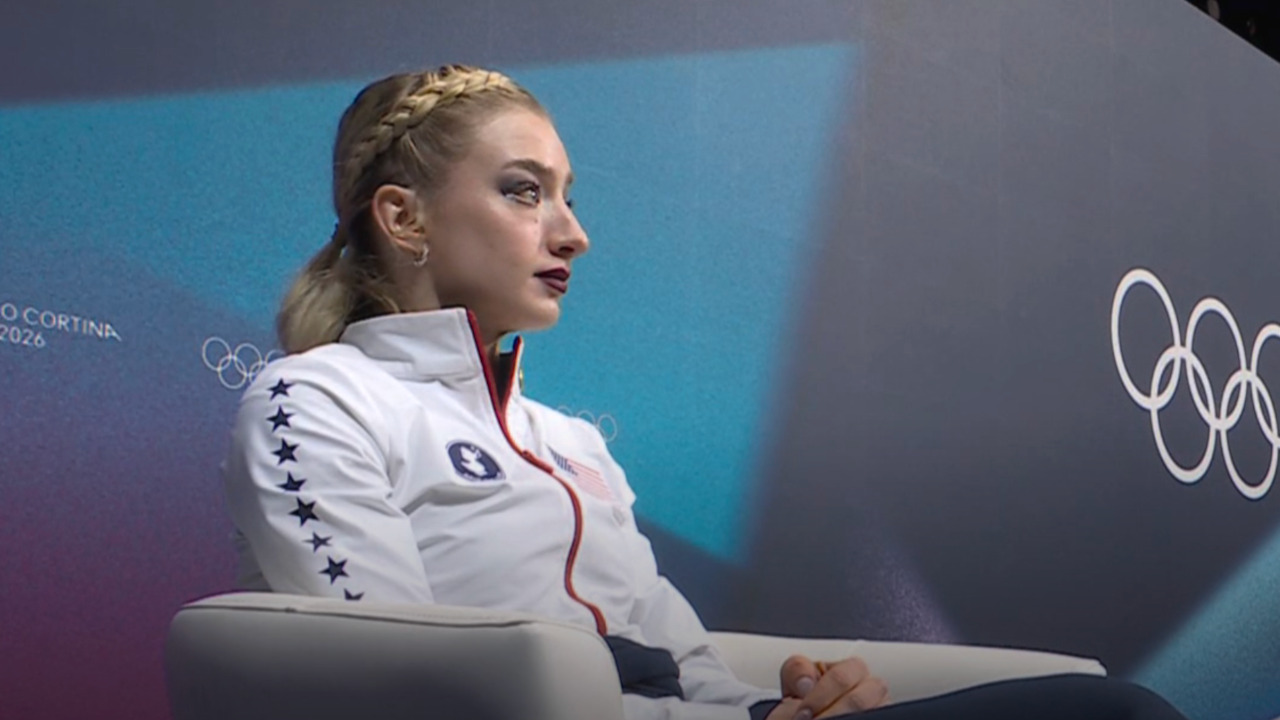I Finally Watched The Movie Stanley Kubrick Once Called The Best Film He Thought He'd Ever Seen, And I Think I Know Why He Said That
I wonder if Kubrick ever wanted to make Spartacus: The Musical.
Your Daily Blend of Entertainment News
You are now subscribed
Your newsletter sign-up was successful
Stanley Kubrick is my favorite director. So, when I learned that he once said that 1979’s All That Jazz was quite possibly the best film he'd ever seen (which can be found in John Baxter's book, Stanley Kubrick: A Biography), I was nonplussed.
Really? All That Jazz? Isn't that a musical? Because I don't know about you, but given Kubrick's filmography, he didn't seem like the kind of guy who was deep into musicals. But then, I actually watched All That Jazz, and okay. Now I get it.
That's because All That Jazz isn't your typical musical. In fact, it has to be one of the most offbeat musicals I've ever seen in my entire life. It's the kind of musical where once it was over, I thought, OK, now I see why Kubrick liked this film so much. Here are some of those reasons.
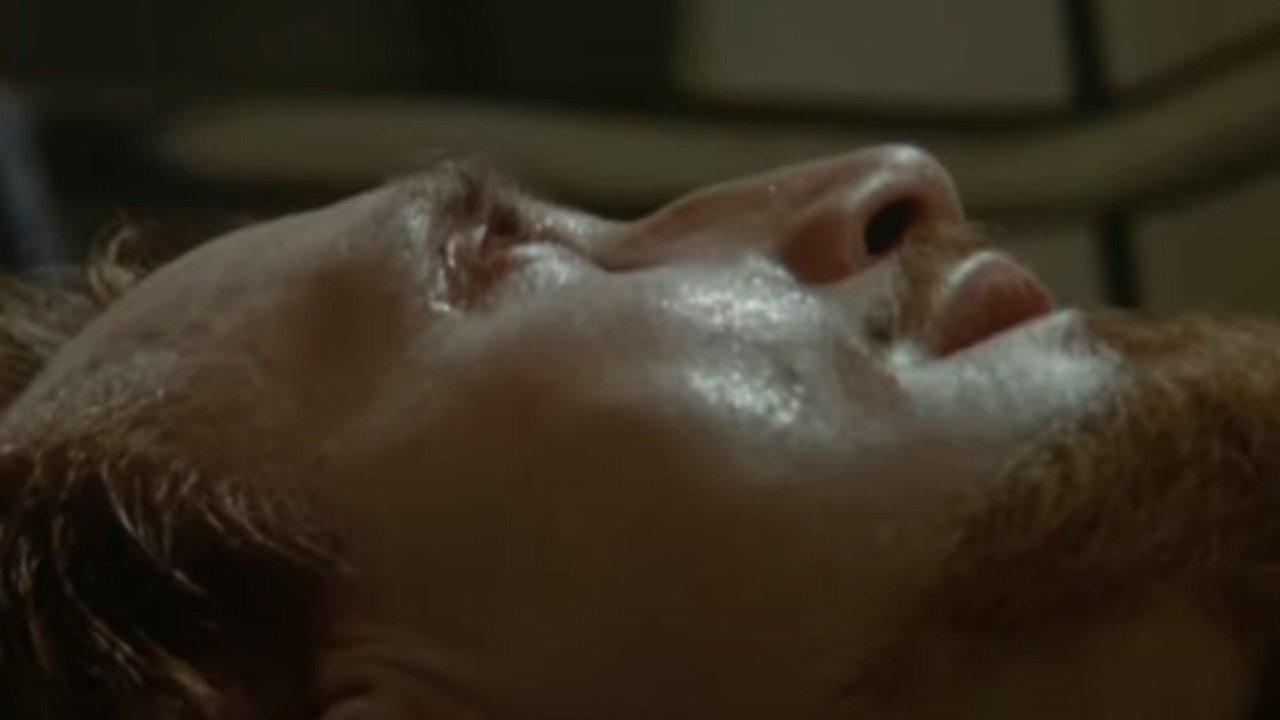
All That Jazz Is An Incredibly Dark Movie
Now, even though I didn't take Kubrick to be a fan of musicals, I actually adore the genre myself. I've gone to see several Broadway shows, and I'm always delighted when I find out that a film I didn't know would be musical turns out to be one, such as the Mean Girls remake.
That said, I also love drama. So, when a drama can essentially double as a musical, I'm in Heaven. Some of my favorites include Miss Saigon, Sweeney Todd, and my all-time favorite, Pippin, which seems lively and fun on the surface, but is extremely dark at its core. It was also directed and choreographed by Bob Fosse. And, do you know what Fosse also directed and choreographed? That’s right. All That Jazz.
However, do you know what All That Jazz is actually about? Well, it’s about death. And yes, I'm serious. The entire movie, with its rousing (and sexy) dance numbers, is 100% about death, and what, if anything, comes after it. And, I'm sure this spoke to Kubrick, as this is a man who reportedly told Stephen King that ghost stories were “optimistic” because they implied the existence of an afterlife (which is likely one of the many reasons why King didn’t like Kubrick’s adaptation of The Shining).
But, like Pippin, this movie is pitch black, which likely resonated with Kubrick since most of his movies – even his comedies, like Dr. Strangelove – were tinged with darkness. So, it makes sense that All That Jazz, with its dark nature, would leave an impression on the auteur.
Your Daily Blend of Entertainment News
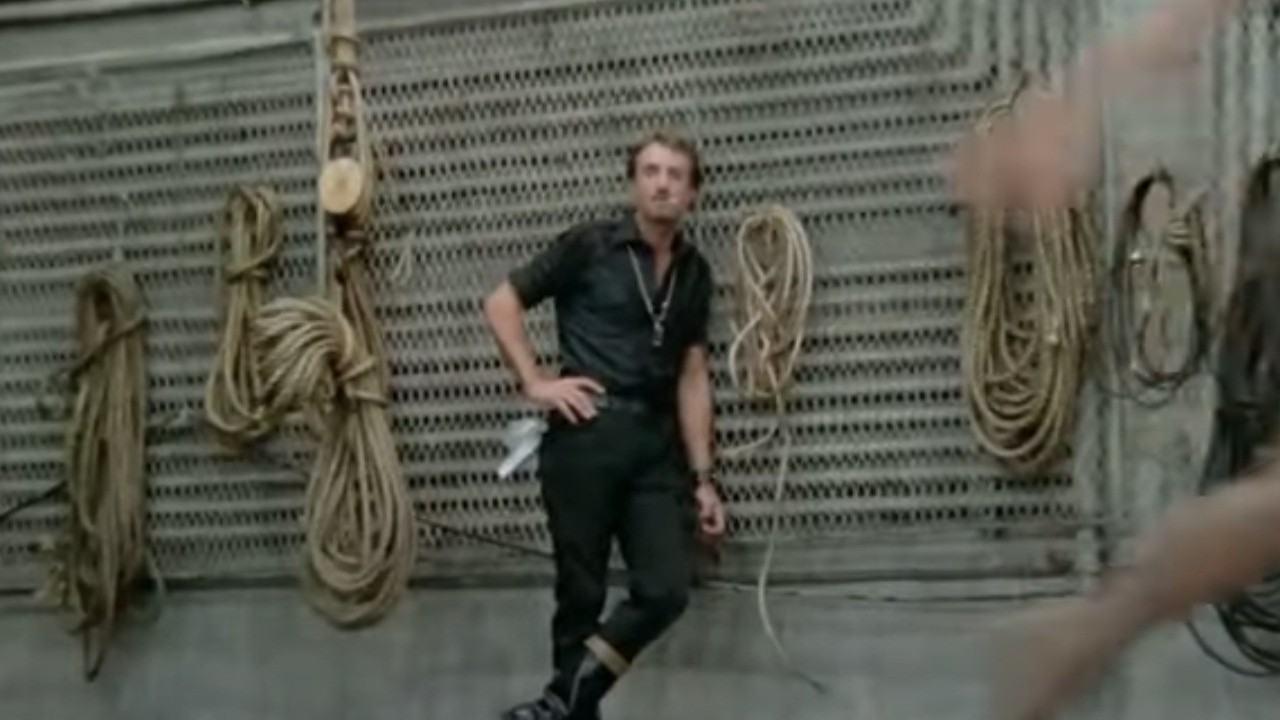
It Also Delves Into The Mind Of An Artist, Which I'm Sure Kubrick Likely Appreciated
Another thing that I’m sure hit Kubrick on an emotional level was just how much Bob Fosse poured his life story into this movie, which is something Kubrick never really did in his entire career (In a sense, Kubrick always remained an enigma). Fosse was fearless in criticizing himself in this semi-autobiographical story.
Fosse actually wrote and directed All That Jazz after he himself suffered a heart attack. This brush with death got him thinking about it, and the story very much plays out like a “what-if” scenario if Fosse had actually died on the operating table. Jaws’ Roy Scheider portrays a version of Fosse as Joe Gideon, a hyper-focused (and womanizing) stage and film director. Gideon is in the process of putting the finishing touches on a movie about a comedian, while also trying to stage a new play, and this mirrors Fosse’s own work on the movie, Lenny, and the play, Chicago.
And, wow. To be that open as a filmmaker? A part of me feels like Kubrick sometimes liked to hide behind his films. Yes, he did interviews, and yes, he spoke about his films at times, but he also seemed a little reclusive (especially in his later years).
I’m just speculating, of course, but a part of me feels like Kubrick admired something in a director who didn’t mind making himself look absolutely horrible on the big screen (Gideon is a philandering workaholic, and a pretty bad father). Just a thought.
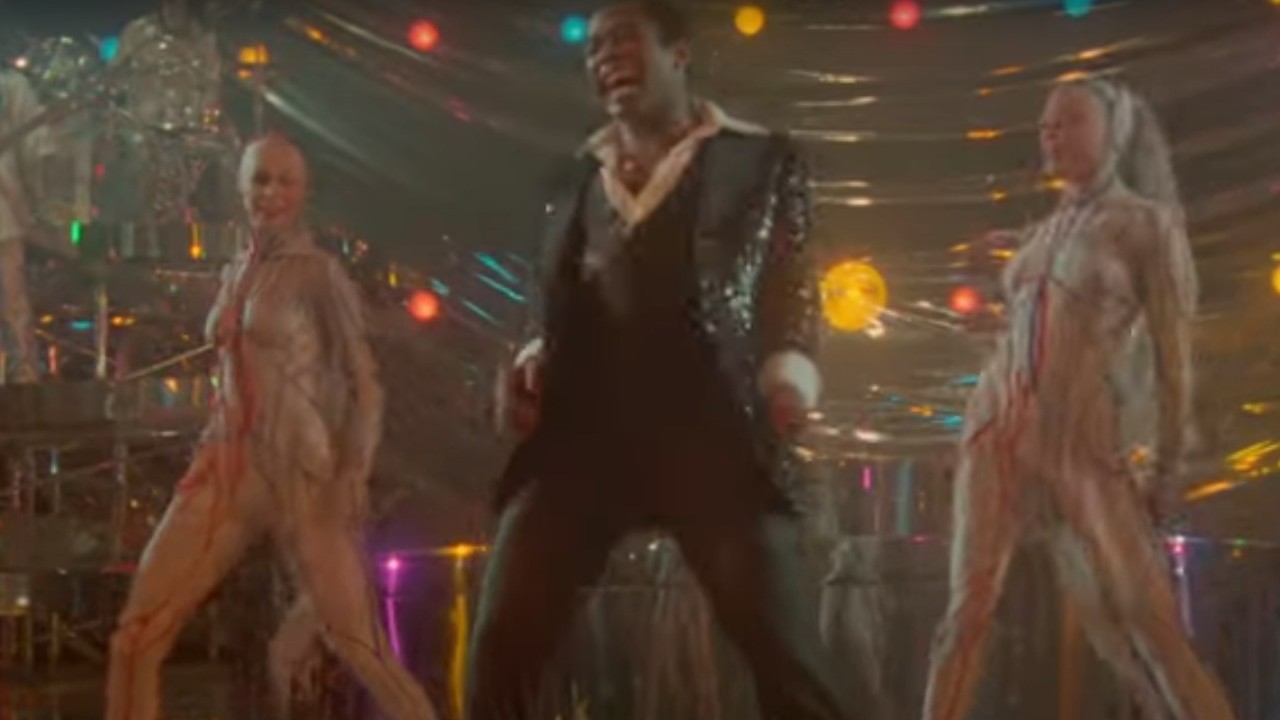
It's A Musical, But Also The Kind You'd Probably Like Even If You Don't Like Musicals
As I mentioned earlier, I don’t picture Kubrick as somebody who liked musicals, but who knows? Maybe he would have liked to have seen a Broadway musical based around one of his movies, like Spartacus: The Musical! Or Full Metal Jacket: Live!
All jokes aside, though, All That Jazz is actually the kind of musical that I think even people who don’t like musicals might enjoy. A lot of it goes back to the story about Gideon, because, like Kubrick was apparently, he’s obsessive about his work. He’s the kind of director who will watch a scene over and over again in the editing process, even though it’s already great. Not only that, but he’s the kind of stage director who everybody wants to work with. In every way, he’s a director’s director, and this is killing him in the long run.
That’s because he won’t stop. I don’t think there’s a single scene in this movie where Roy Scheider doesn’t have a cigarette in his mouth. As the movie progresses, his health steadily deteriorates, and it’s painful to watch because you know he’s already got one foot in the grave.
Plus, the musical numbers all complement the story. I know most musicals are supposed to do that, but it often feels like a lot of them, such as one of my favorites, Wicked (Which I liked better in movie form since I think it better integrated the songs), often feel like the story is building toward the musical numbers, rather than the other way around. All That Jazz does, though, as they’re essential to this dark tale.
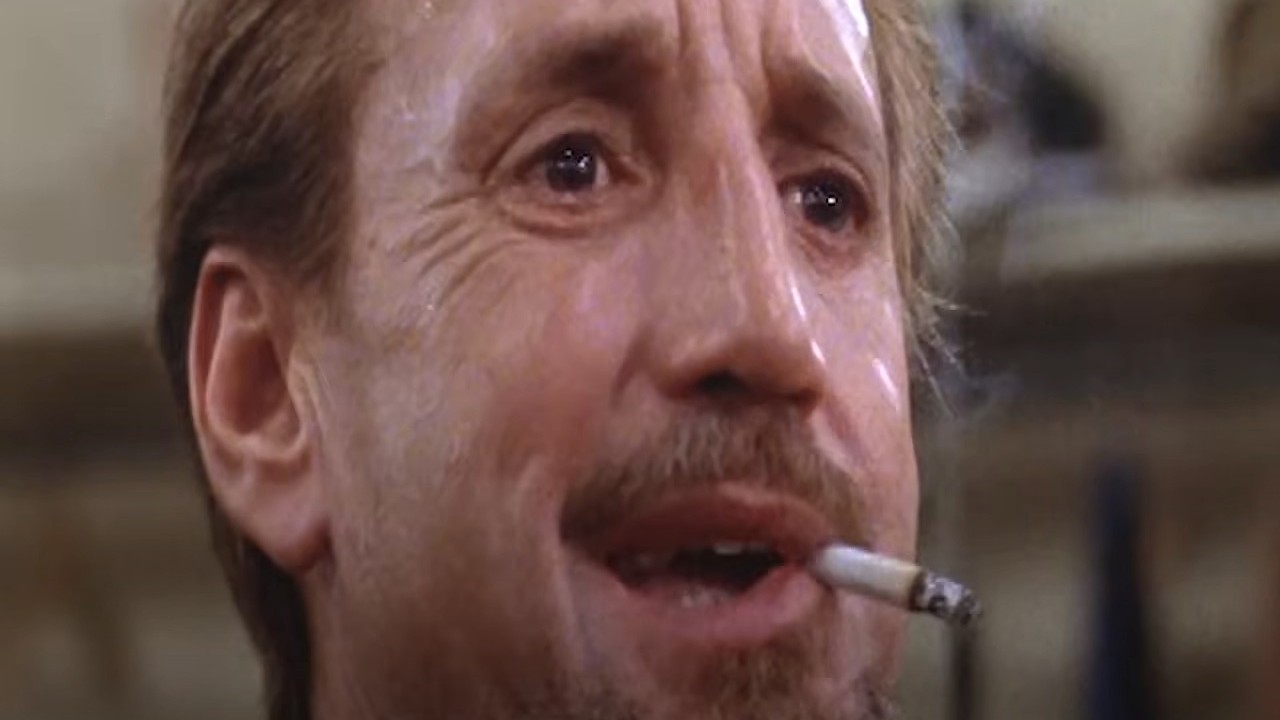
Finally, Roy Scheider's Against-Type Casting Is A True Sight To Behold
Much like I never expected Kubrick to be into musicals, I also never expected Roy Scheider to be in a musical. I mean, this is Detective Buddy ‘Cloudy’ Russo from The French Connection. It’s Agent Henry ‘Doc’ Levy from Marathon Man. Hell, it’s freaking Chief Brody from Jaws! This is not a man who sings and dances.
Yet, he is. At least in All That Jazz, he is. Now, given that Scheider spends a great deal of time being ill in this film (and even talking to a physical embodiment of Death, played by Jessica Lange), he’s not doing a lot of singing and dancing. In fact, he does the most moving about in the final number, which is a performance that Gideon is hallucinating while he’s on his deathbed. Be that as it may, you believe he was once a dancer. You believe he’s a master choreographer, and I think Kubrick was likely impressed by this as well.
Kubrick was, after all, the kind of director who could make the dreamy Tom Cruise resemble a jealous husband. He was the kind of filmmaker who could direct Peter Sellers in three different roles and make them all work. Hell, as much as I’m not a fan of the film, he could take Nabokov’s prickly novel, Lolita, and make it a palatable watch. So, Kubrick was probably as marveled as everybody else that Fosse could pull this out of Scheider.
Honestly, I think the main reason why Kubrick loved this movie so much is that Scheider’s character mentions Kubrick by name. I’m serious! In one scene, he wonders if Kubrick ever suffered for his art as much as he is. So, maybe that’s why Kubrick loved All That Jazz so much. As they say, flattery will get you everywhere.
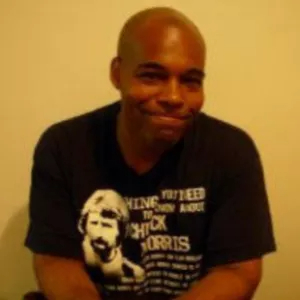
Rich is a Jersey boy, through and through. He graduated from Rutgers University (Go, R.U.!), and thinks the Garden State is the best state in the country. That said, he’ll take Chicago Deep Dish pizza over a New York slice any day of the week. Don’t hate. When he’s not watching his two kids, he’s usually working on a novel, watching vintage movies, or reading some obscure book.
You must confirm your public display name before commenting
Please logout and then login again, you will then be prompted to enter your display name.
